- 62 Posts
- 336 Comments

 4·7 months ago
4·7 months agoI noticed a change in your titles a few days ago. What happened to “until l forget to post Screenshots”? I don’t think you forgot, did you?
Yes, this is the way.
Sure.
You might want to subscribe to [email protected], and browse here once in a while: https://lemmyverse.net/communities
related: [email protected]

 2·7 months ago
2·7 months agoI don’t follow Meta services, but for the record, I think you’re talking about the EU Digital Markets Act and its interoperability requirements of gatekeepers.
https://digital-markets-act.ec.europa.eu/gatekeepers_en
https://digital-markets-act.ec.europa.eu/questions-and-answers/interoperability_en
if the FDA is dismantled to syncopats
Did you mean sycophants? Psychopaths? Something else?
A good tool improves the way you work. A great tool improves the way you think.
Do these accept cash, or only ATM cards? (The latter would link your transaction to your bank account, of course.)
What do they give? A printout of a wallet address?

 18·7 months ago
18·7 months agoAlso, units of fun earned while watching other people play.
One nice thing about an arcade is that you can see regular people (not streamers/professionals/actors) interacting with a game, and notice subtleties that aren’t represented in a bullet list or trailer video.

 1·7 months ago
1·7 months agoWhat makes you think that? It’s possible that they did it in-house, of course, but there’s no precedent for it. No previous Civ had a linux version done in-house.

 3·7 months ago
3·7 months agoI don’t think so. There’s no mention of it on their site.

 5·7 months ago
5·7 months agoDo you know who made the port?

 3·7 months ago
3·7 months agoThanks for the perspective. :)

 127·7 months ago
127·7 months agoIncorporates 3rd-party DRM: Denuvo Anti-tamper
Requires 3rd-Party Account: 2K Account for Online Interactions
Somebody please wake me up when these atrocities are gone. (And thanks, Steam, for making them easy to discover.)

 1·7 months ago
1·7 months agoAre you including Brave New World in that comparison? I’ve never played Civ 5 without it.


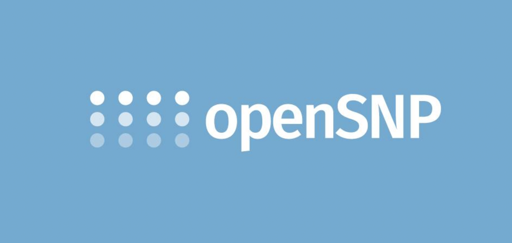





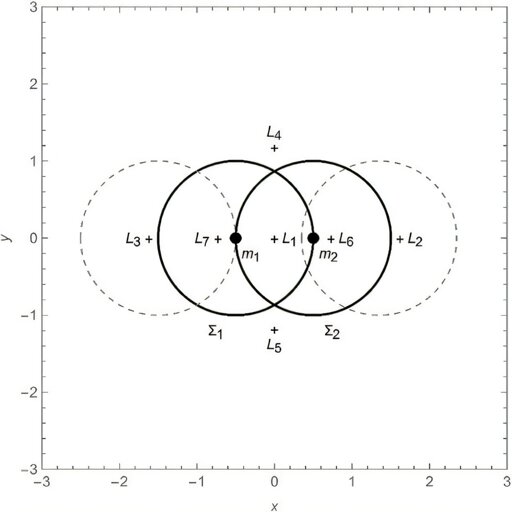
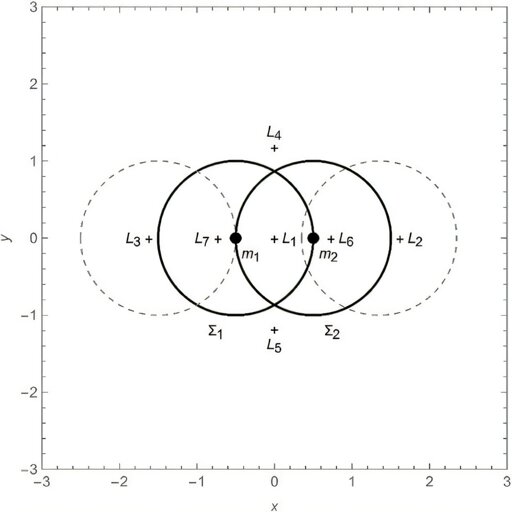
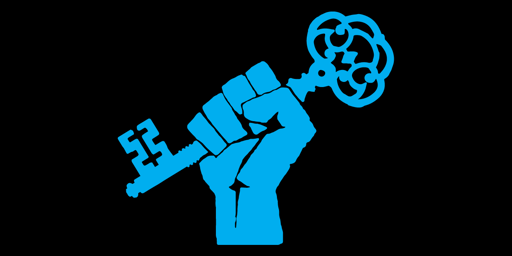








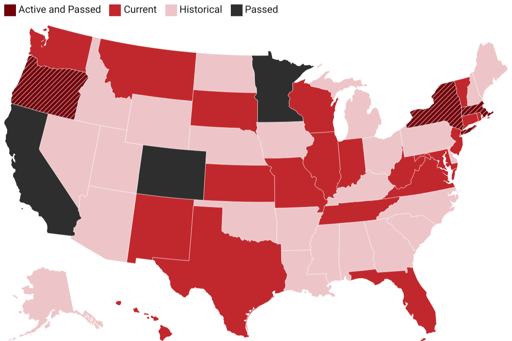
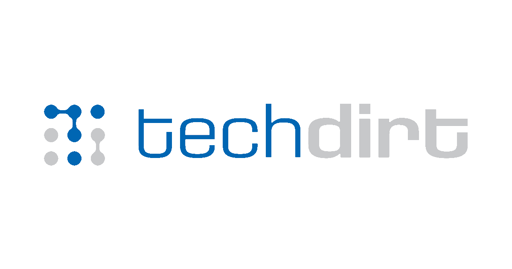



I’m with you.
Also great: Willow, Tombstone.